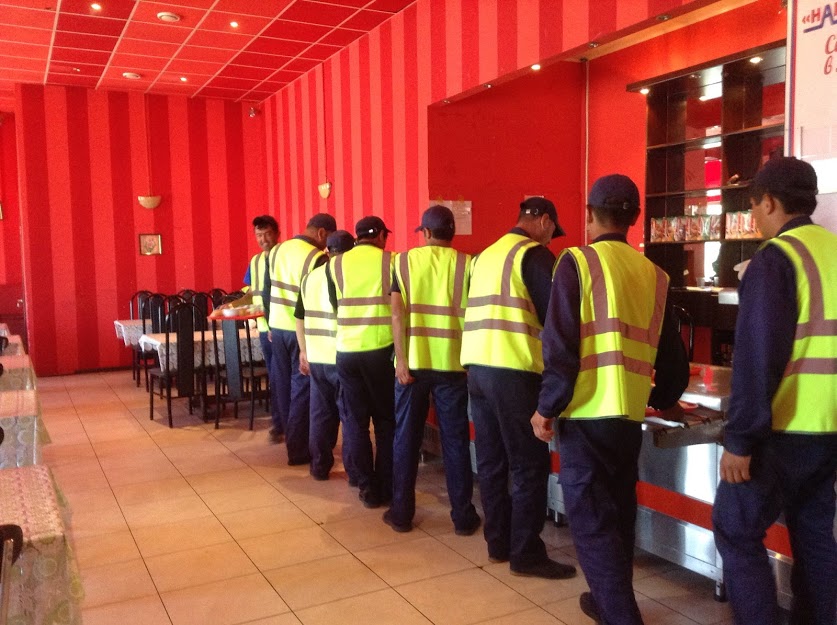In December 2020, Dmitry Poletaev, Director of Migrant Studies Center, published a study named “Health of labor migrants from Eurasian Economic Union in Russia (based on the example of migrants from Kyrgyzstan)”.
The document is based on two sociology studies performed by the expert in 2016 and 2017 among labor migrants from Kyrgyzstan. The aim was to assess health issues of labor migrants from the Eurasian Economic Union (EAEU) countries in Russia and to analyze risks existing in the area of healthcare in EAEU. The expert has reached a sad conclusion: Kyrgyz migrants’ health gradually deteriorates, especially after 5 years of immigration.
According to this document, researchers from EU and USA have proved that during the first two years after entering the country, labor migrants have better health than local population. This condition is being called “a healthy migrant effect” and is explained by the fact that mostly healthy people, who are ready for hard physical work, seek labor migration.
But this “healthy migrant effect” lasts for only several years. Data gathered by Poletaev confirm the gradual impairment of migrants’ health after several years in Russia. The most significant drop in self-assessed values is observed between the groups of migrants who have lived in Russia for less than 5 years and for longer than 5 years.
Regarding insurance plans, the study showed that only 13% of respondents had a commercial insurance. Mainly, people do not seek any treatment (24%), or go to a doctor only in case of emergency (39%), and 17% rely on friends’ advice in taking medications.
Interestingly, Kyrgyz migrants have very weak knowledge of their right to national health insurance in Russia, which they are entitled to while having an official contract when an employer pays taxes for them.
“The problem is that the information about free national health insurance is not being advertised or promoted to EAEU countries migrants by governmental structures in any systematic manner. In the past, information about free healthcare services spread quickly in the migrant community, but we don’t observe this now. Russian insurance companies, on their part, do not inform legally working migrants from the Eurasian Economic Union countries about the opportunities of free medical services,” — Poletaev says.
In general, an established practice in Russia is that Kyrgyz migrants open medical centers which are unofficially called Kyrgyz clinics. Migrants from the same country work there, and their services are oriented towards Kyrgyz-speaking patients. Mostly, such clinics are located in Moscow, but there are some in other cities, for example, in Yekaterinburg.
“The opening of Kyrgyz clinics highlights serious faults in the organization of medical service for labor migrants in state public clinics,” — the study says. On the one hand, this situation is brought upon by mutual exclusion of labor migrants and Russians, and by building of so-called glass walls which prevent interaction and close relations. On the other hand, low level of governmental funding and weak engagement of Russian non-governmental organizations into the system of migrants’ adaptation and integration, make it almost impossible for migrants to use free services of translators from non-governmental organizations when going to public clinics,” — says the document.
The study also shows that women are the most vulnerable category, and their health on average impairs more quickly than in men. At the same time, labor migrants with legal contracts complain on their health issues more often than undocumented migrants.
“In general, the issue of Kyrgyz migrants not caring for their health is similar to the attitude towards health of most Russians,” — Dmitry says.
Ekaterina Ivashchenko
This article was prepared with the support of Oxfam in the Russian Federation
